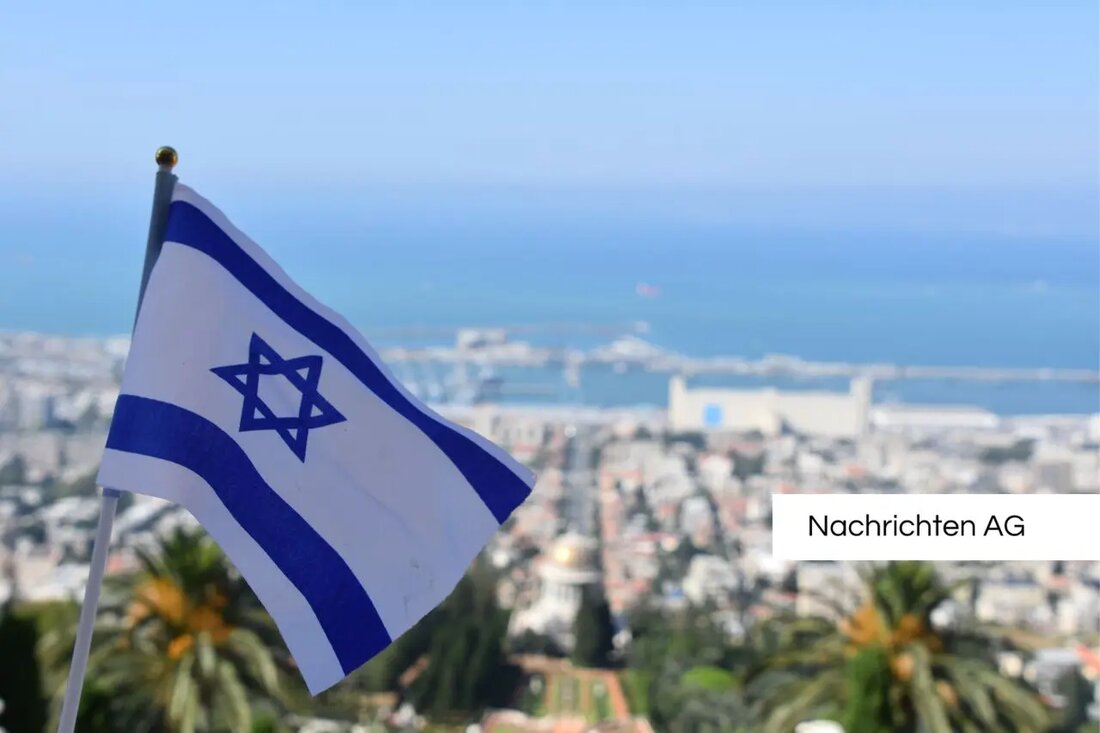Peace negotiations on the abyss: Israel places ultimatum to Hamas!

Peace negotiations on the abyss: Israel places ultimatum to Hamas!
On March 3, 2025, the conflict between Israel and Hamas faces a critical phase. Israel plans to only negotiate a ceasefire for a few days. Minister of Defense Israel Katz has unequivocally warned that the fights will be resumed if Hamas should not release hostages in a timely manner. Katz said: "If Hamas does not soon expose the hostages, the gazas goals will be closed and the gates opened to hell." In this context, Israel has also stopped access for aid deliveries in the Gaza Strip, which also tightens the already tense humanitarian situation.
The US specialist Steve Witkoff is also involved in the current negotiations, whose proposal provides for a continuation of the ceasefire until mid-April. In exchange, he demands the release of hostages. However, Hamas rejected this proposal and urges the immediate implementation of a second phase of the Gaza deal. This should include an end to the war and the withdrawal of Israeli troops. So far, however, the key points for this phase have not yet been negotiated.
background of the negotiations
On March 1, 2025, the first phase of the ceasefire agreement between Hamas and Israel expired. This had reduced the fighting for over six weeks and improved the humanitarian situation in the Gaza Strip. Despite these positive developments, there were always uncertainties. Both parties did not always stick to the agreement, which led to tensions. Among other things, Israel delayed the release of hostages and the return of Palestinian prisoners. A particularly controversial incident was the handover of a body instead of the killed Geisel Shiri Bibas, which led to public outrage.
The discussions about the second phase of the agreement have stalled. An Israeli delegation returned from Cairo without a negotiation result. The withdrawal from the Philadelphi corridor, which was originally intended for the weekend, was also rejected by Israel. It also remains unclear who should rule the Gaza strip in the future and to what extent the reconstruction is organized. Egypt has submitted suggestions for a technocratic government and the reconstruction, which should be voted on at an upcoming summit of Arab states.
political reactions and pressure on the government
The Israeli government is increasingly under pressure to accept a permanent ceasefire in order to free the remaining hostages. Israel's goal of war to smash Hamas has not yet been reached, which is why a possible extension of the ceasefire came into play by another six weeks. However, this option is rejected by Hamas, which instead calls for negotiations on the second phase.
The persistent conflict has died over 46,000 people in the Gaza Strip on October 7, 2023 since the Hamas massacre on October 7, 2023, according to the Palestinian health authority. In Israel itself there is support and criticism of the agreement, especially from the right political spectrum. Opposition leader Yair Lapid even proposed that Egypt could manage the Gaza Strip, which was rejected by Kairo.
In conclusion, it remains to be seen that the situation in the Gaza Strip and the negotiations on the armistice are still tense. In particular, the coming days could be crucial for whether the conflict will pass into a new escalation or into a phase of de -escalation. [Rhein-Zeitung] reports that the negotiations are decisive for the humanitarian situation of the civilian population and the political framework in the Middle East. Experts fear that the situation could escalate again at any time without a comprehensive solution. [Tagesschau] has also analyzed the statements of the Israeli Minister of Defense and their effects on the course of the negotiations. These continuous developments illustrate the complexity and fragility of the peace process in the region.| Details | |
|---|---|
| Quellen | |
